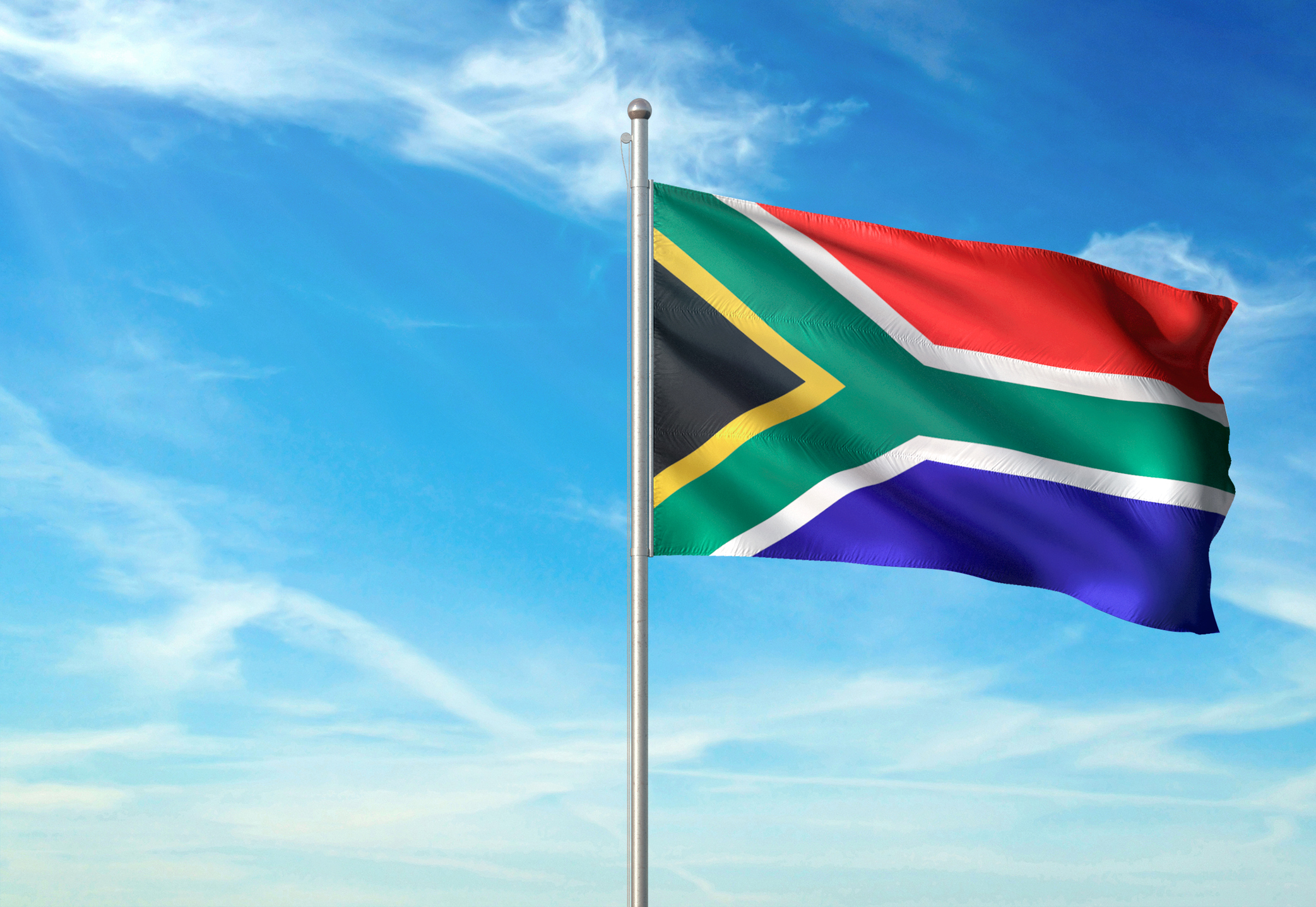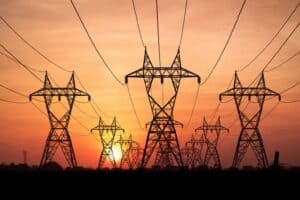So, the same folk who have overseen the destruction of SOEs simply can’t let go. Don’t let control freaks dim SA’s bright possibilities.

Eric Idle of Monty Python fame advised: “Always look on the bright side of life.” The bright side isn’t always evident in headlines but it’s there if you venture beyond the gloom about electricity blackouts, natural disasters, war, rising prices, corruption, crime etc. Give us a break.
There is more to life than what news media dish up. And there are gems buried in the grim political/economic coverage.
For example, Johan Fourie, professor of economics at Stellenbosch University, author of Our Long Walk to Economic Freedom, says poverty is not inevitable for South Africans. He is not indulging in some Pythonesque spoof. Fourie says when SA “became a democracy in 1994, almost 35% of South Africans lived in extreme poverty – the World Bank definition of $1.90 per day”.
Yet by 2009, that percentage had fallen to less than 20%. Poverty was almost halved. Fourie attributes this to the policies of former president Thabo Mbeki, then finance minister Trevor Manuel and former Reserve Bank governor Tito Mboweni.
One flaw in this praise is that Mbeki was largely responsible for delaying the additional capacity that Eskom predicted SA would need to keep the lights on. Our original Prince of Darkness.
But let’s stay with Fourie’s theme: “South Africa got the macroeconomic fundamentals right, reducing budget deficits, reeling in inflation and opening up the economy to international trade and investment.
ALSO READ: R8.7 billion allocated to boost Gauteng’s roads and transport economy
“Growth followed.
“This boosted the incomes of individuals and government and more government revenue allowed greater social transfers to the very poor. It was indeed a better life for all.”
This fell apart in 2009, because of the global economic crisis and the election of president Jacob Zuma. SA entered the lost decade of state capture, looting and poverty. Rising unemployment has more recently been exacerbated by restrictions imposed to deal with Covid.
In Fourie’s view, there are similarities between SA in 1994 and today. In the late ’90s, South Africa was able to shift to a higher economic gear because leaders implemented policies which strengthened macroeconomic fundamentals.
“This allowed those at the bottom of the income distribution to see improvements in their lives: from higher incomes to access to housing and electricity and the internet.
“Had we continued along that path, it is very likely that extreme poverty would now be a thing of the past.” Fourie says, despite all the negativity, “the future is not inevitably bleak”.
Indeed, last week S&P Global revised its outlook for SA from stable to positive. Our longterm foreign and local currency debt ratings remain at BB- and BB, but there is a glimmer of hope. Hope is vital to recovery. But hope alone is not enough. We must make the right political choices.
Above all, we must avoid another bout of populism and radical economic ruin. Public Enterprises Minister Pravin Gordhan has given a glimpse of what a future Cyril Ramaphosa administration would do. Gordhan wants to establish a holding company to oversee major state-owned enterprises (SOEs). So, the same folk who have overseen the destruction of SOEs simply can’t let go.
Don’t let these control freaks dim SA’s bright possibilities.
Support Local Journalism
Add The Citizen as a Preferred Source on Google and follow us on Google News to see more of our trusted reporting in Google News and Top Stories.






